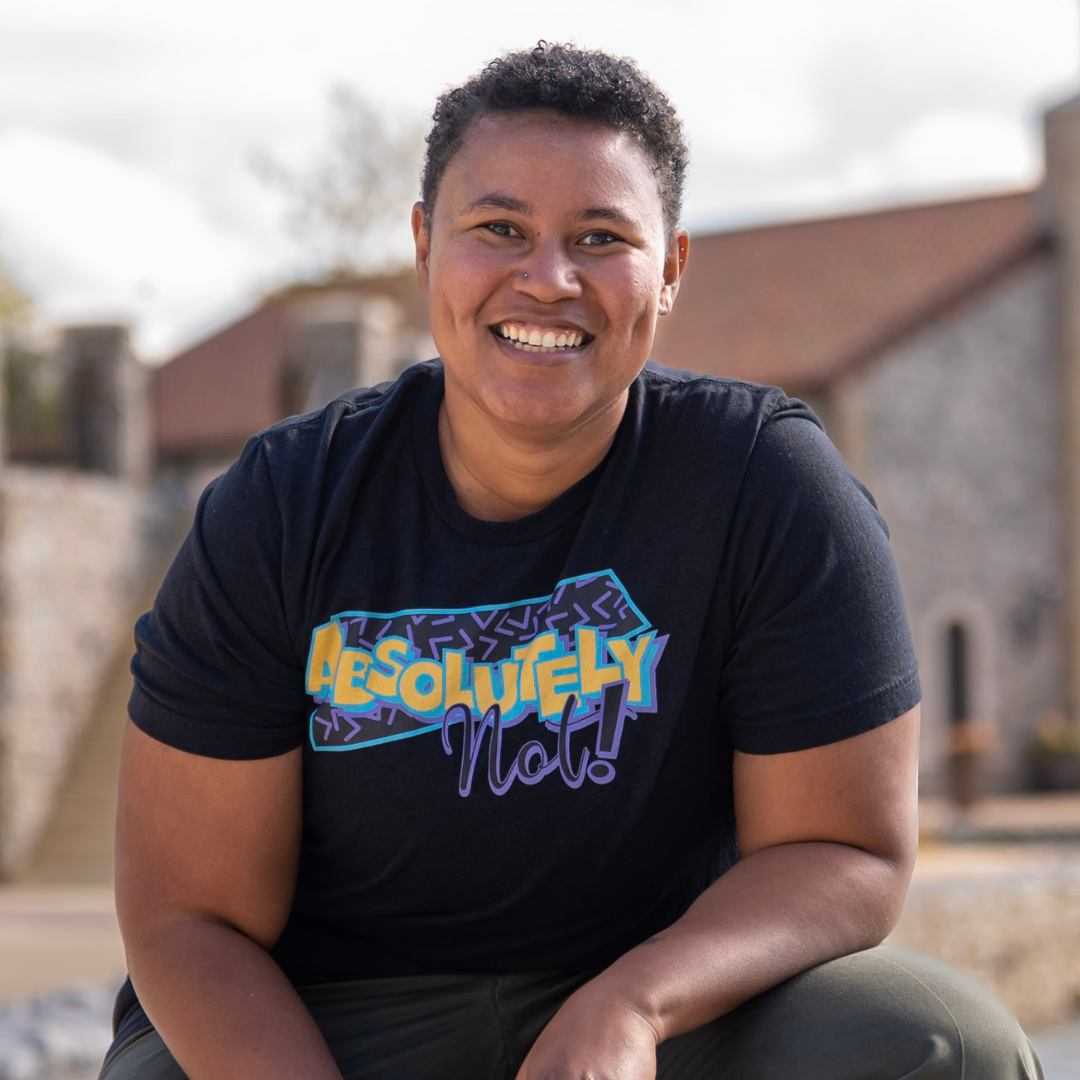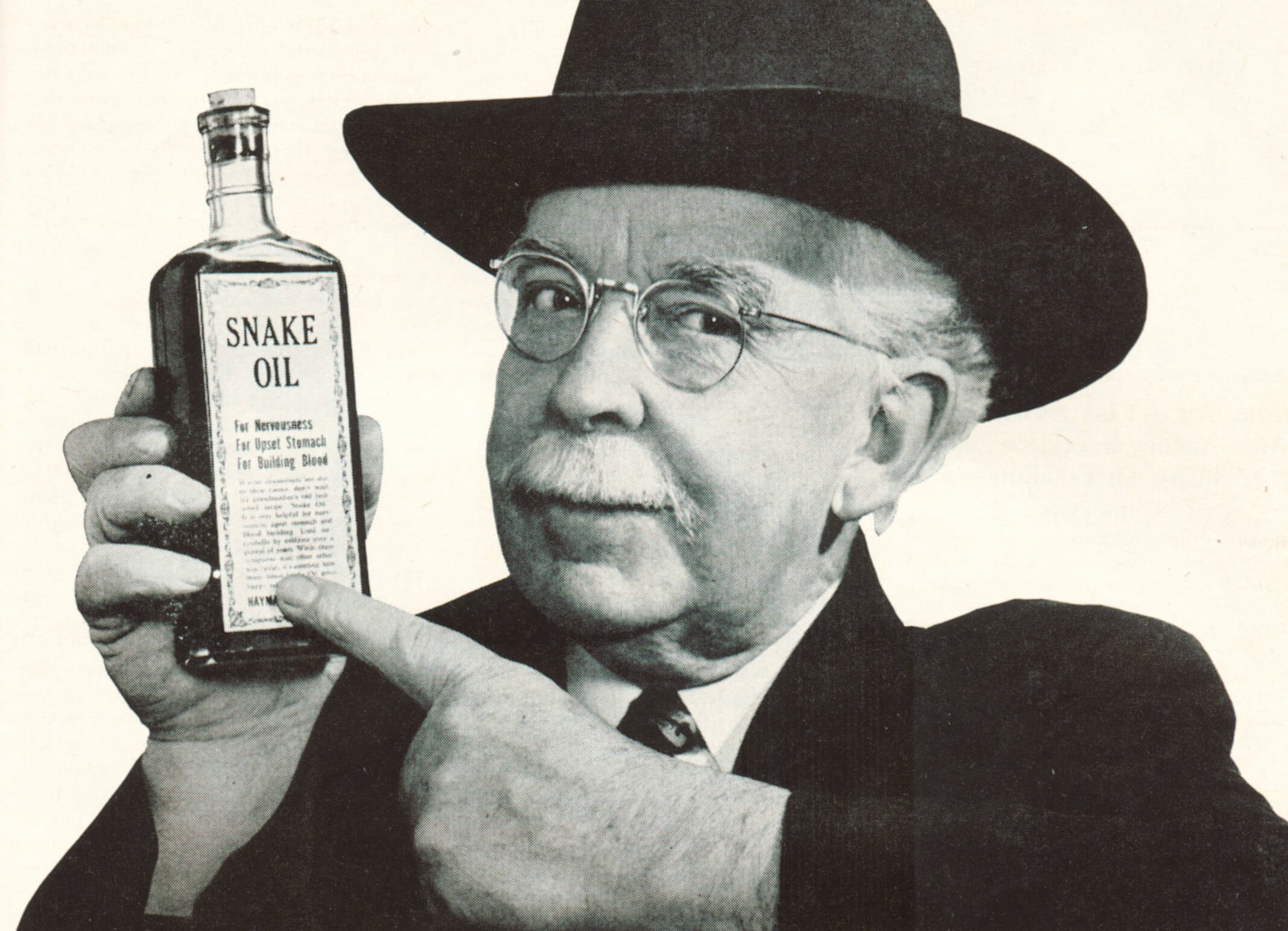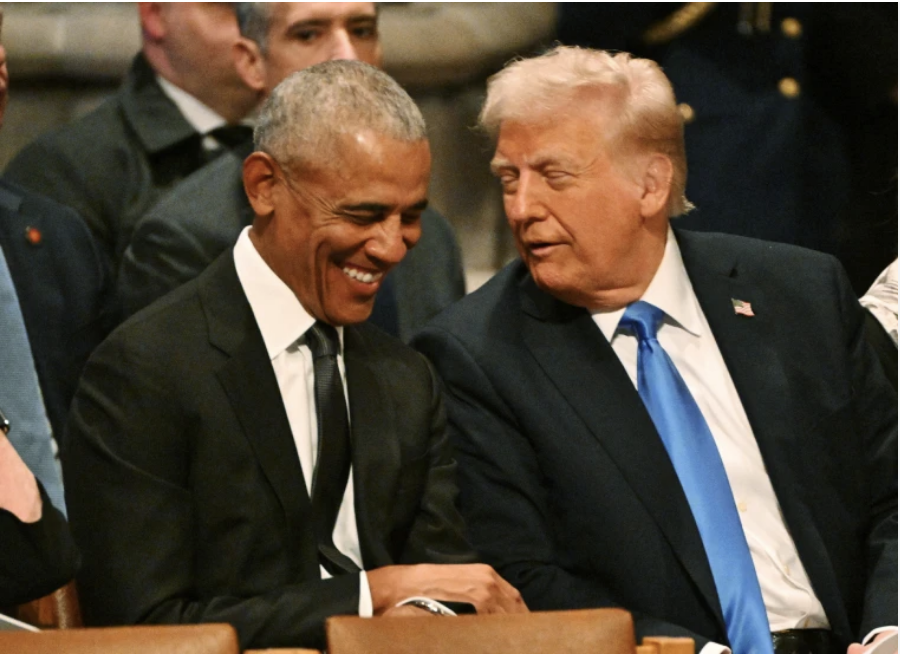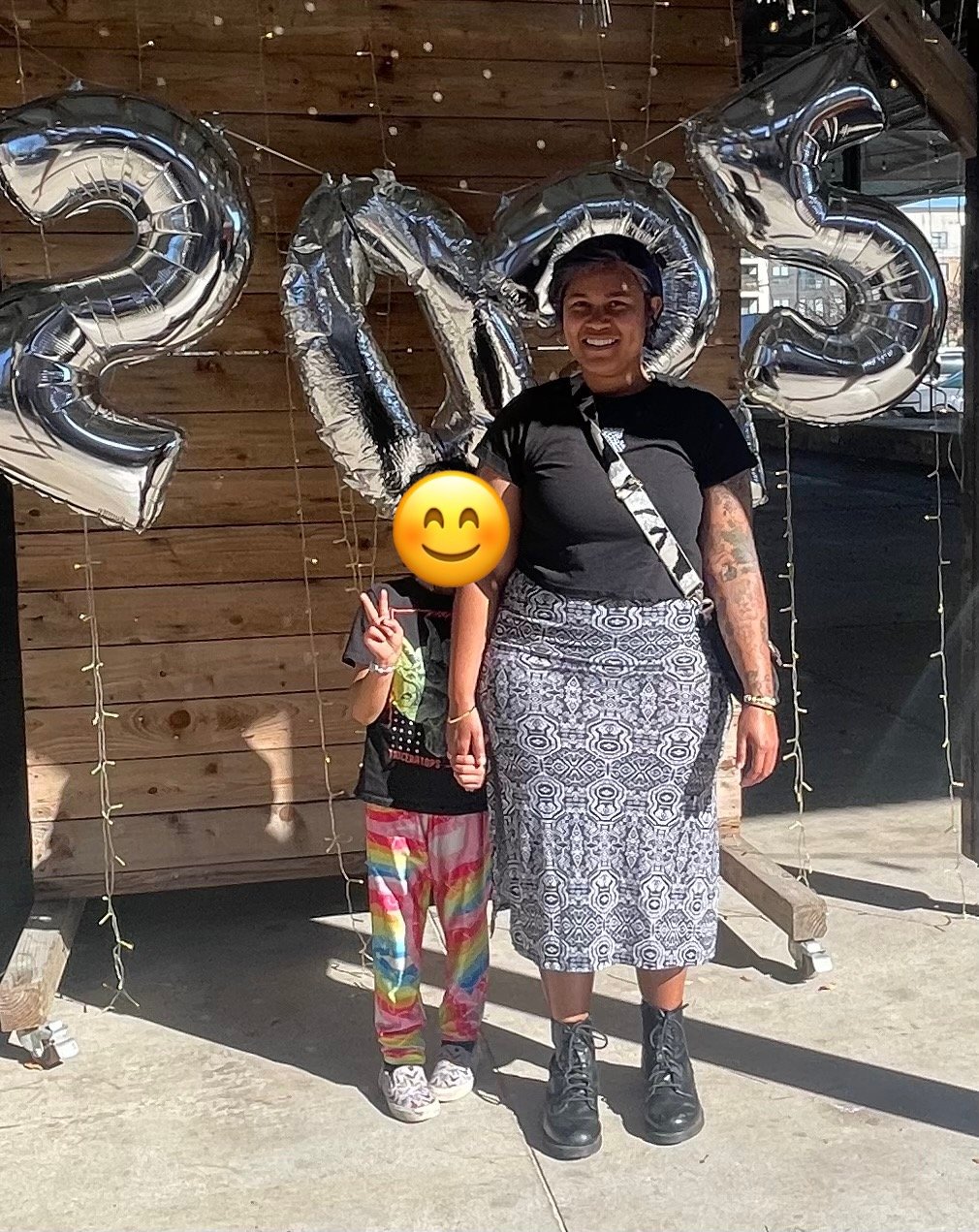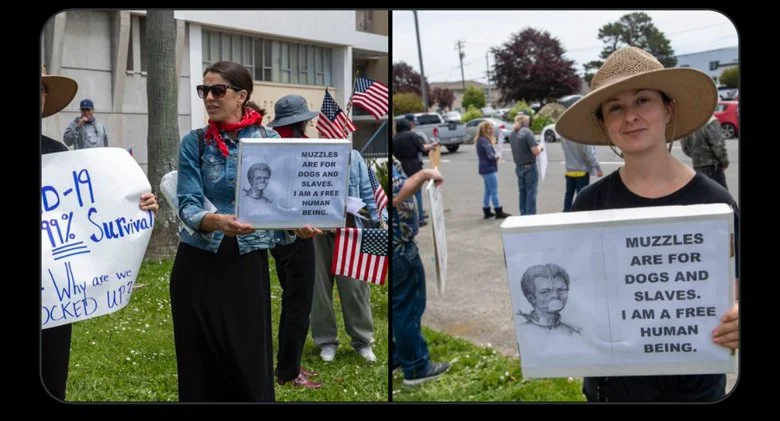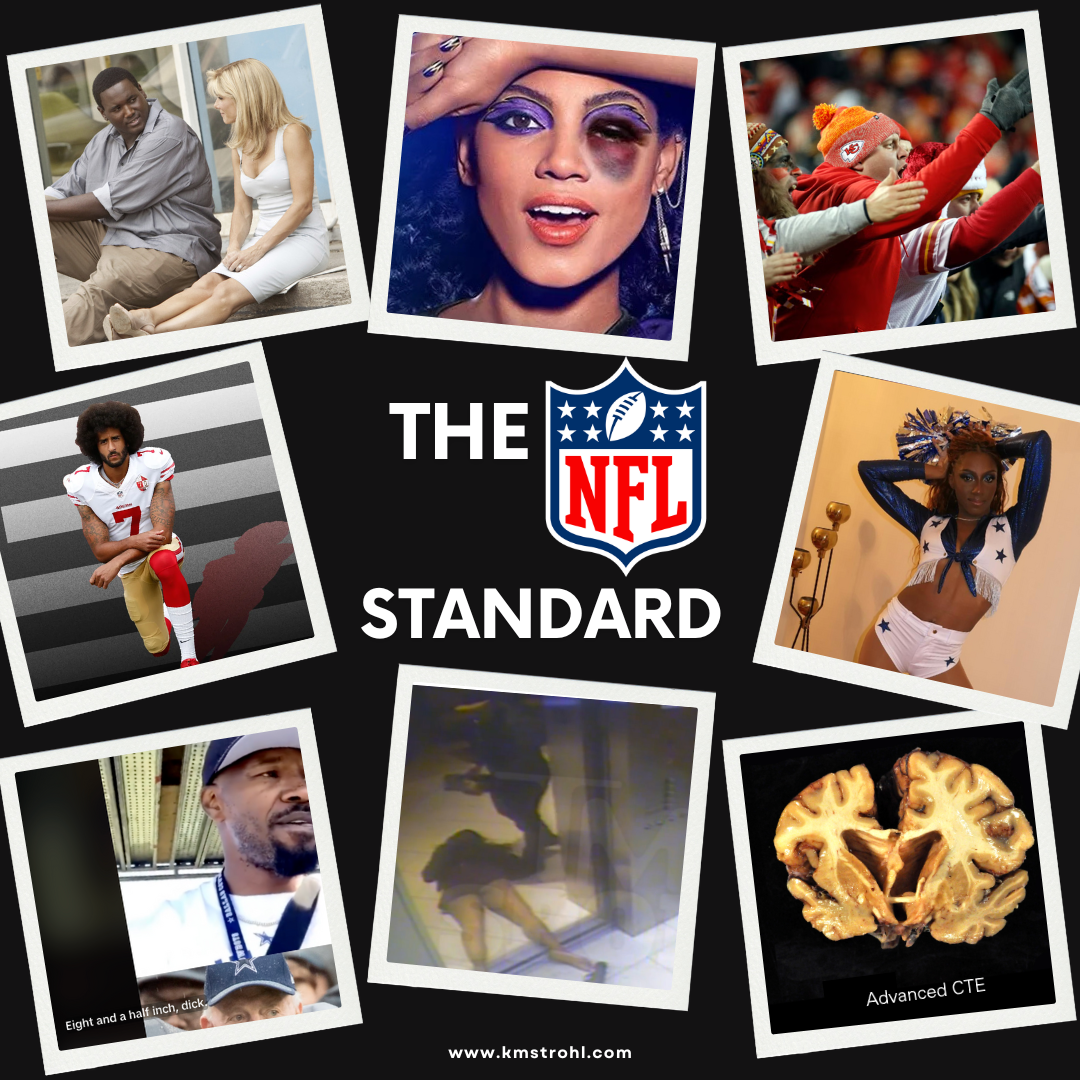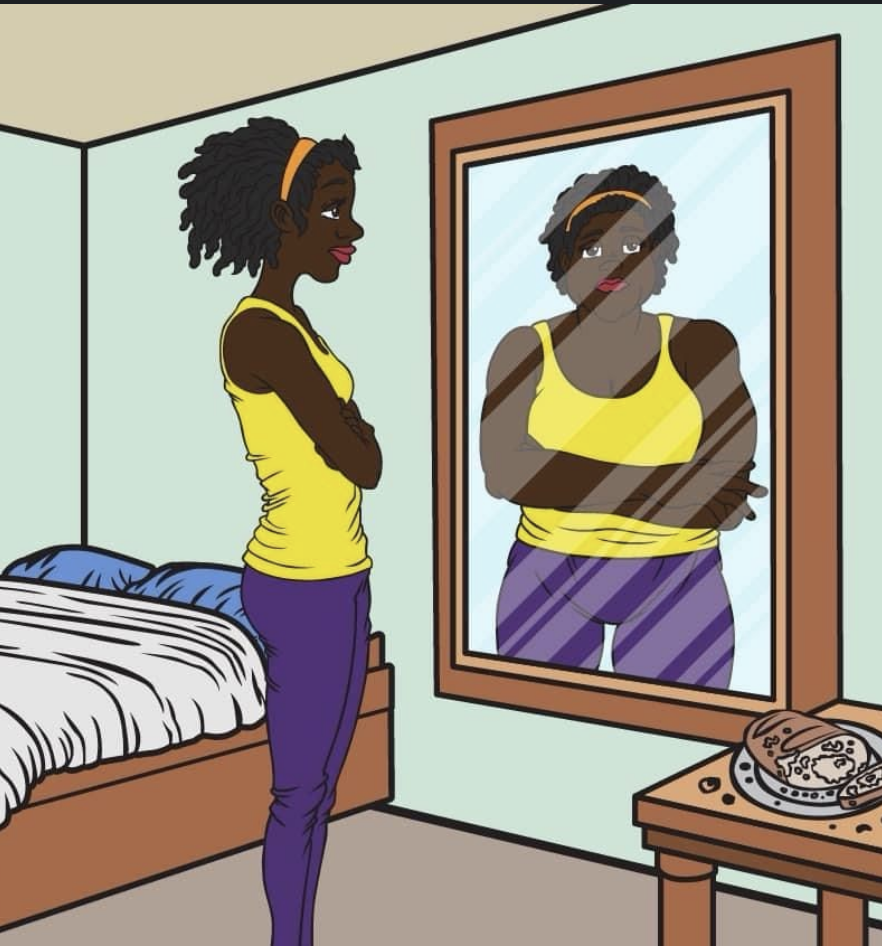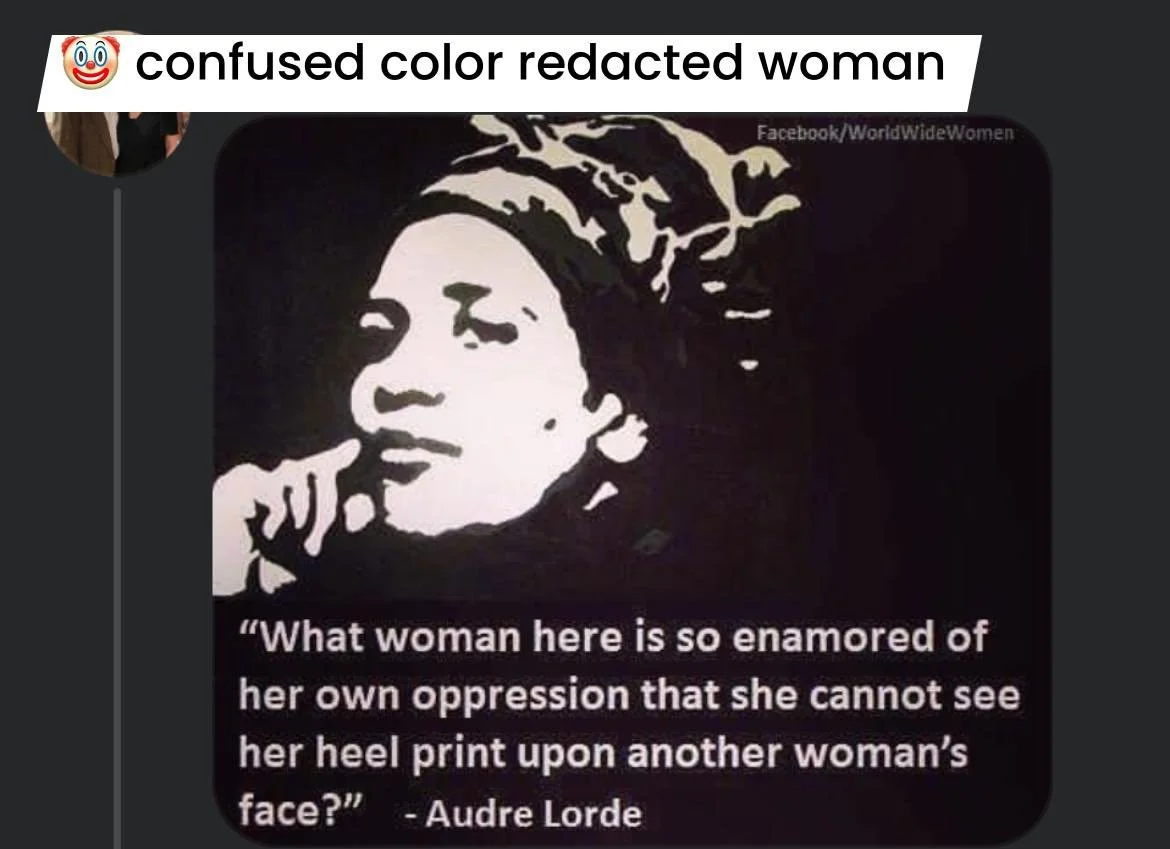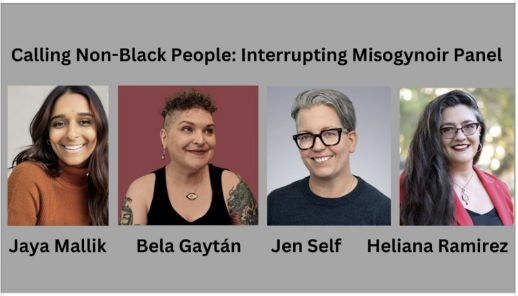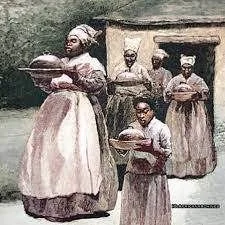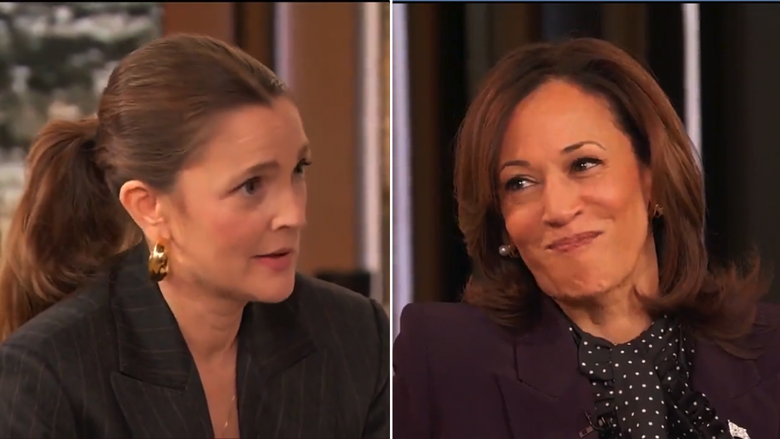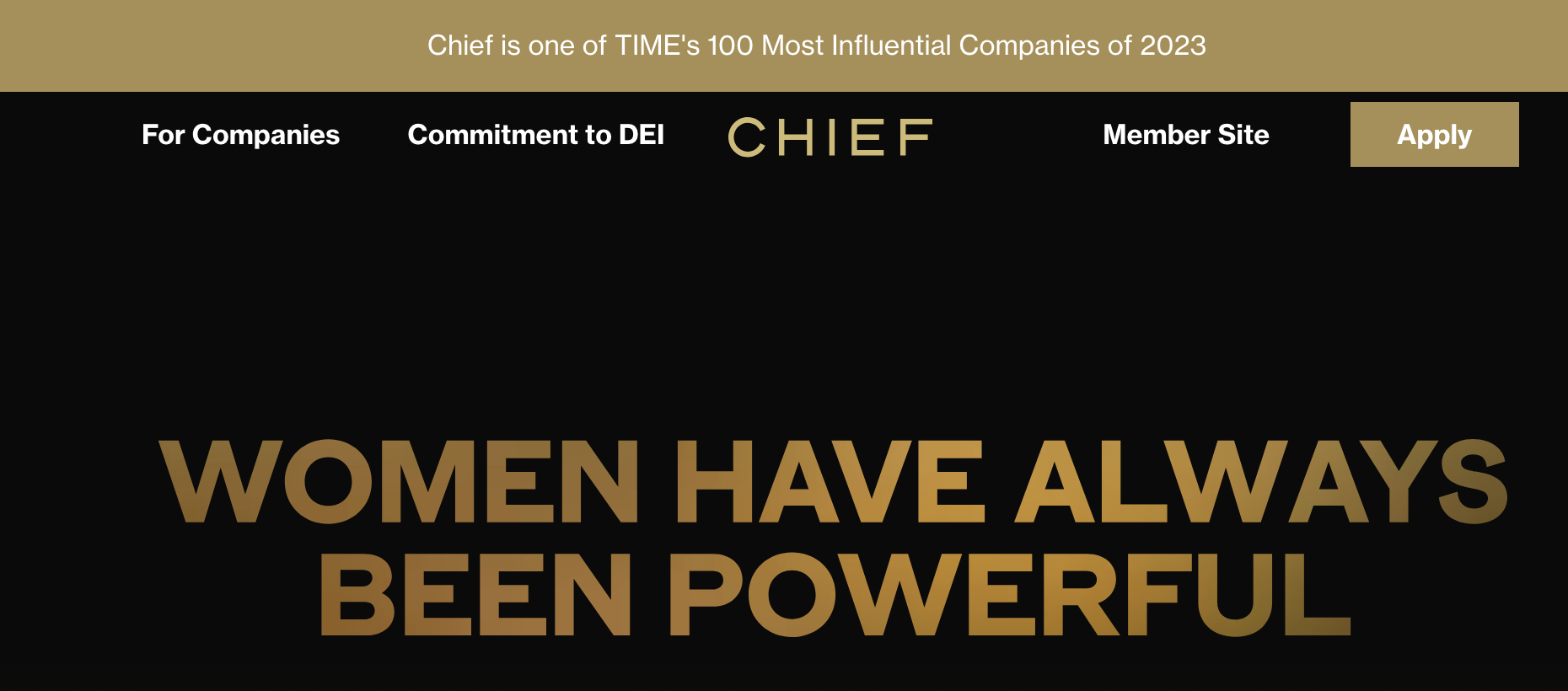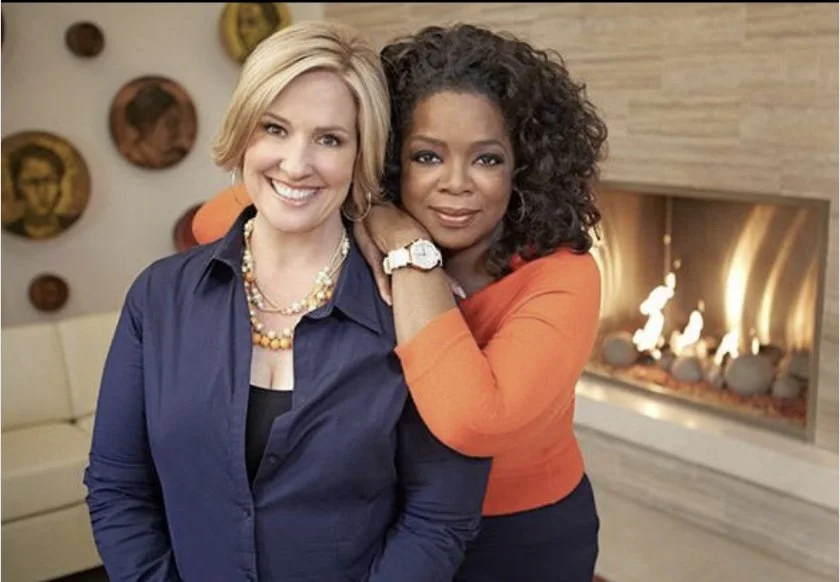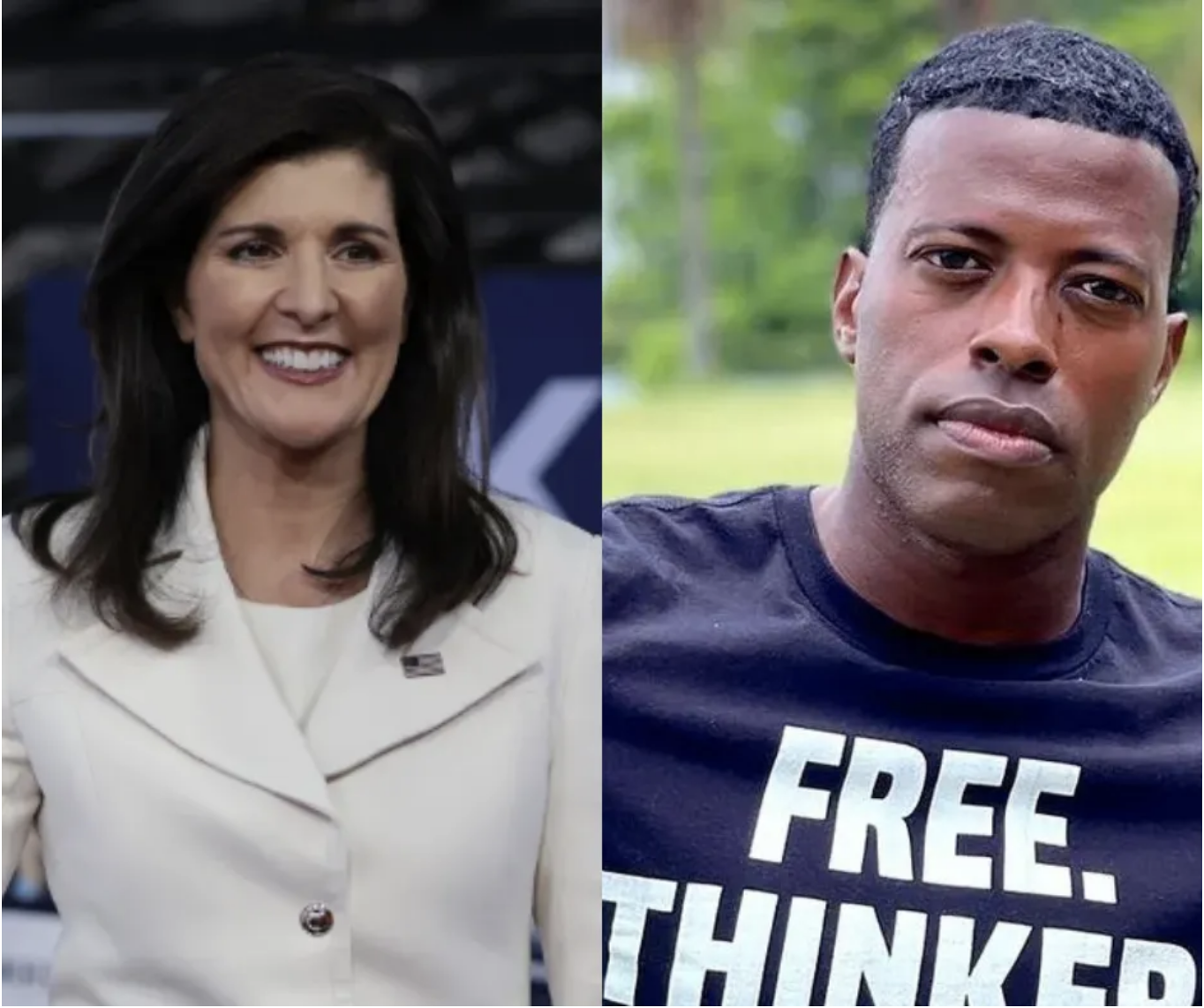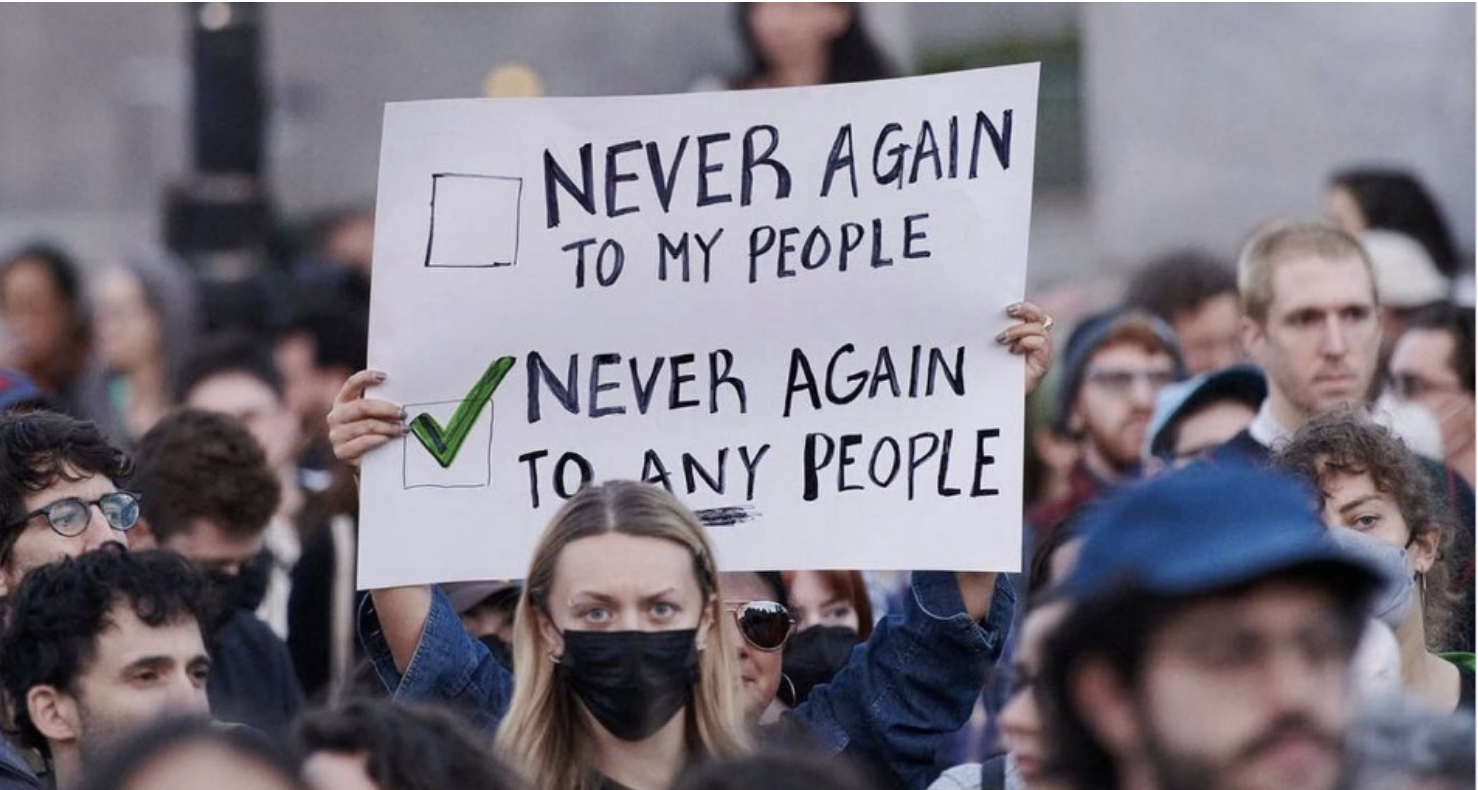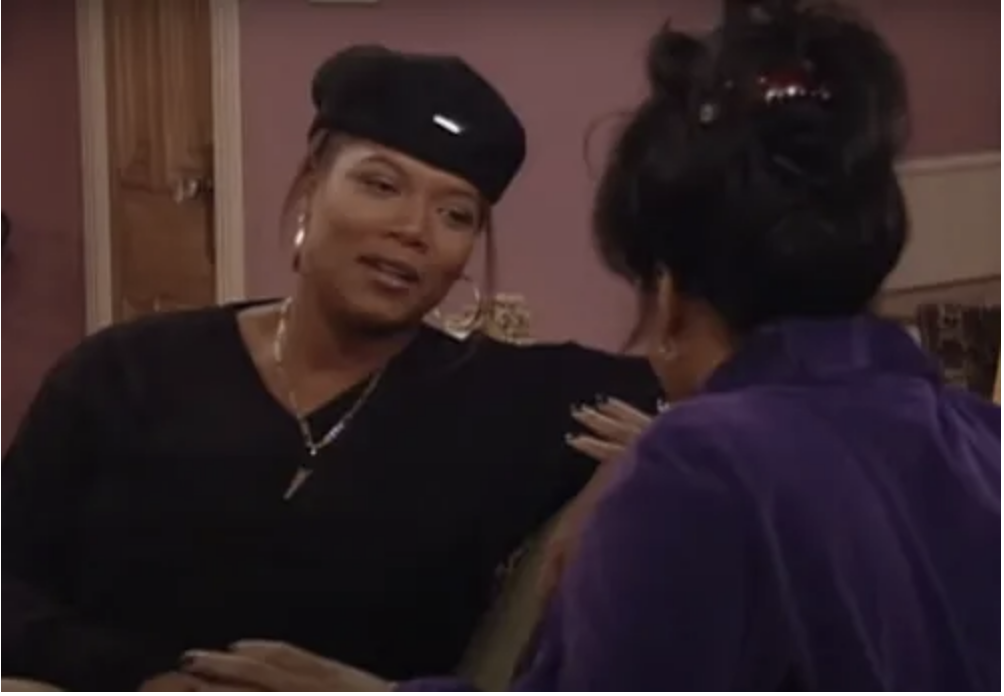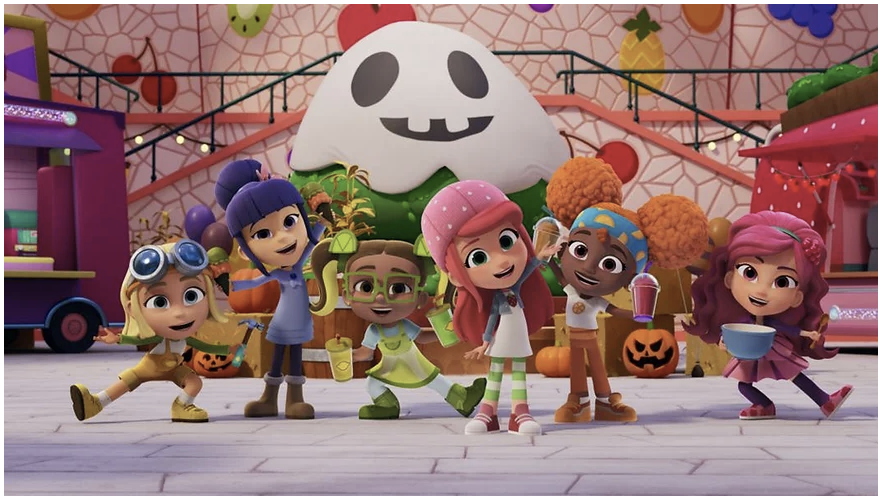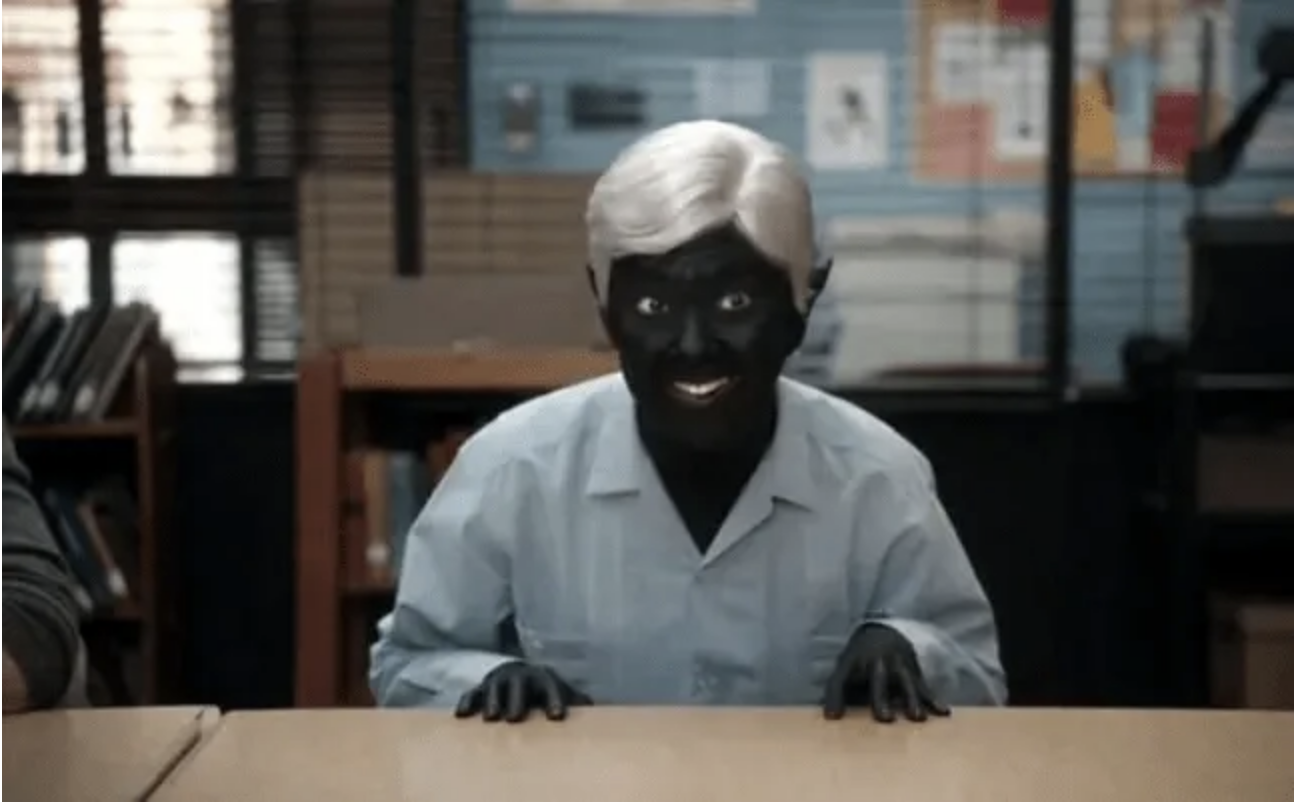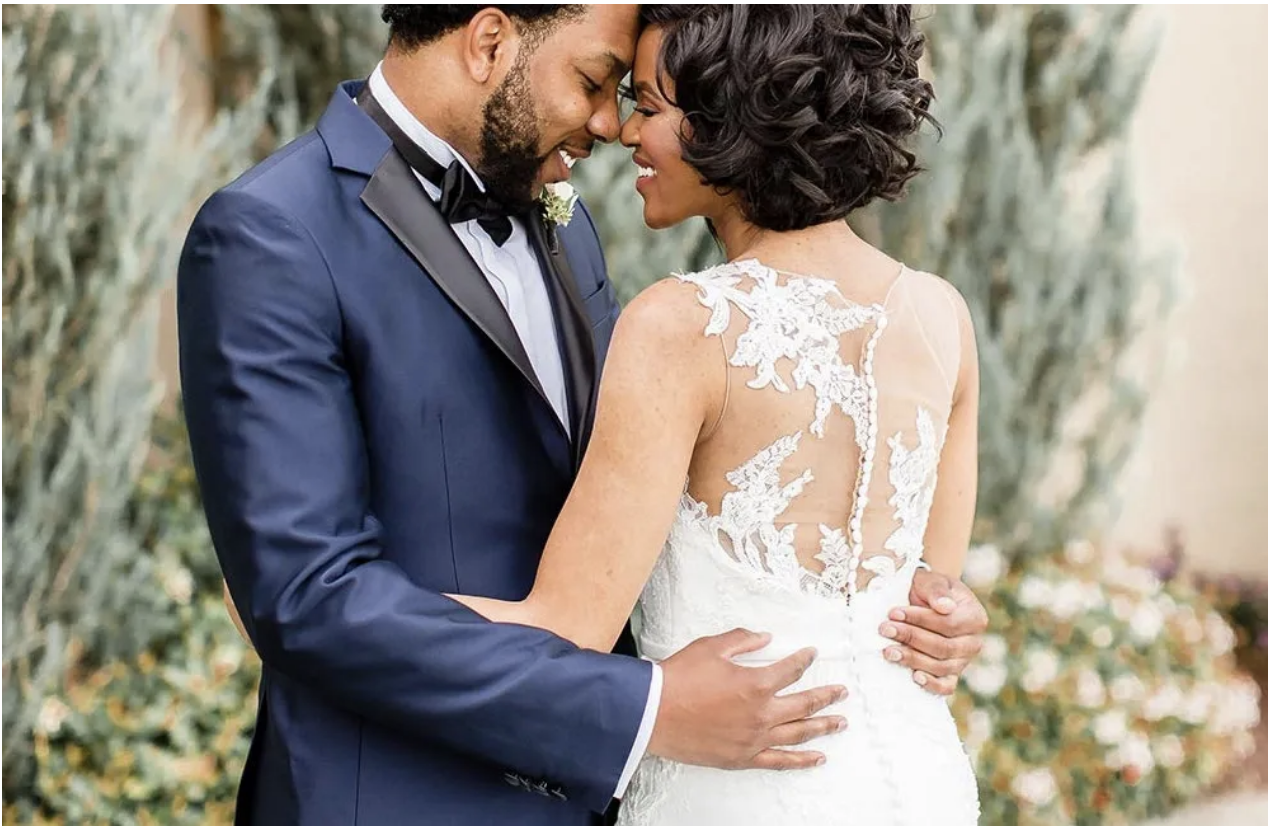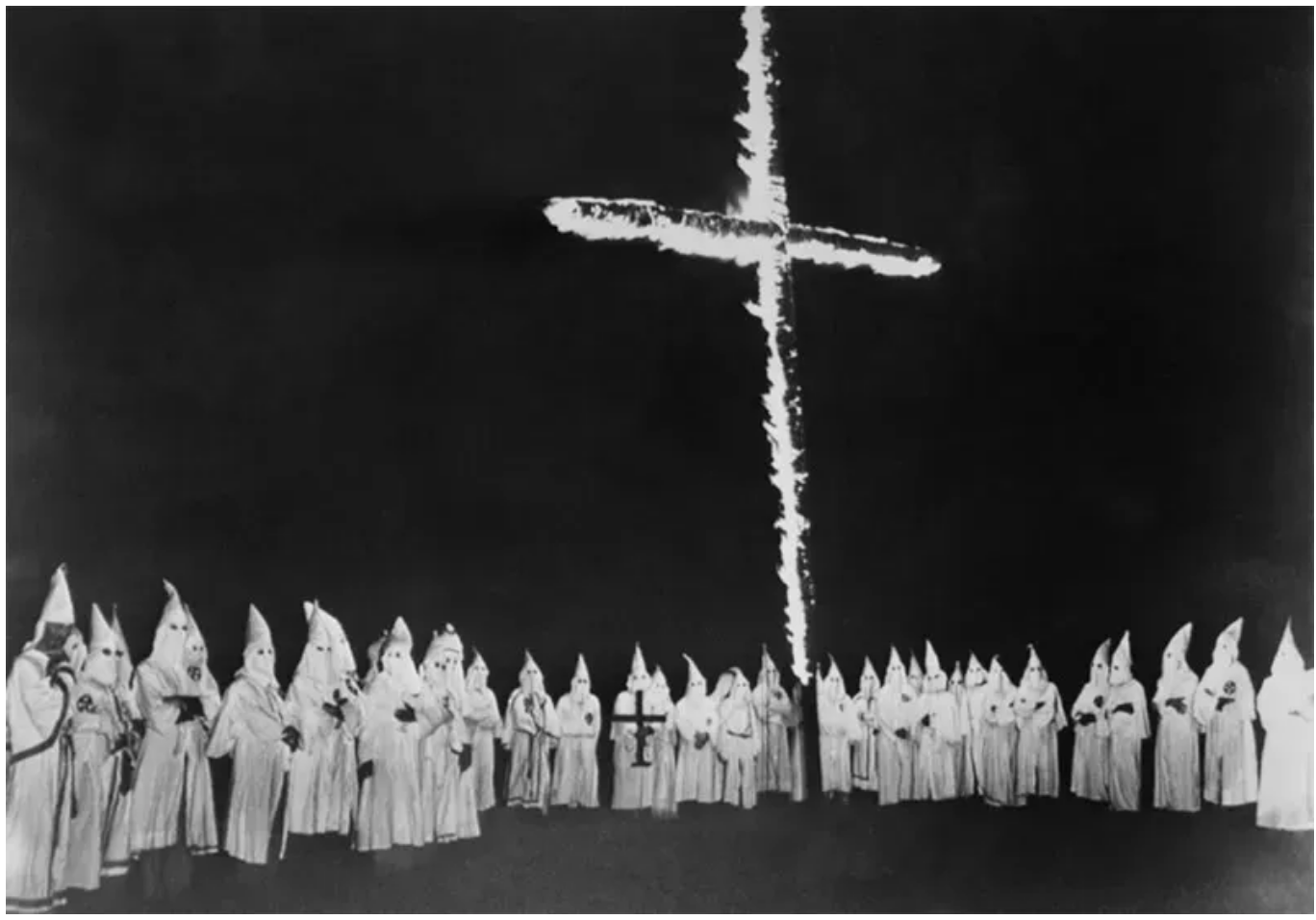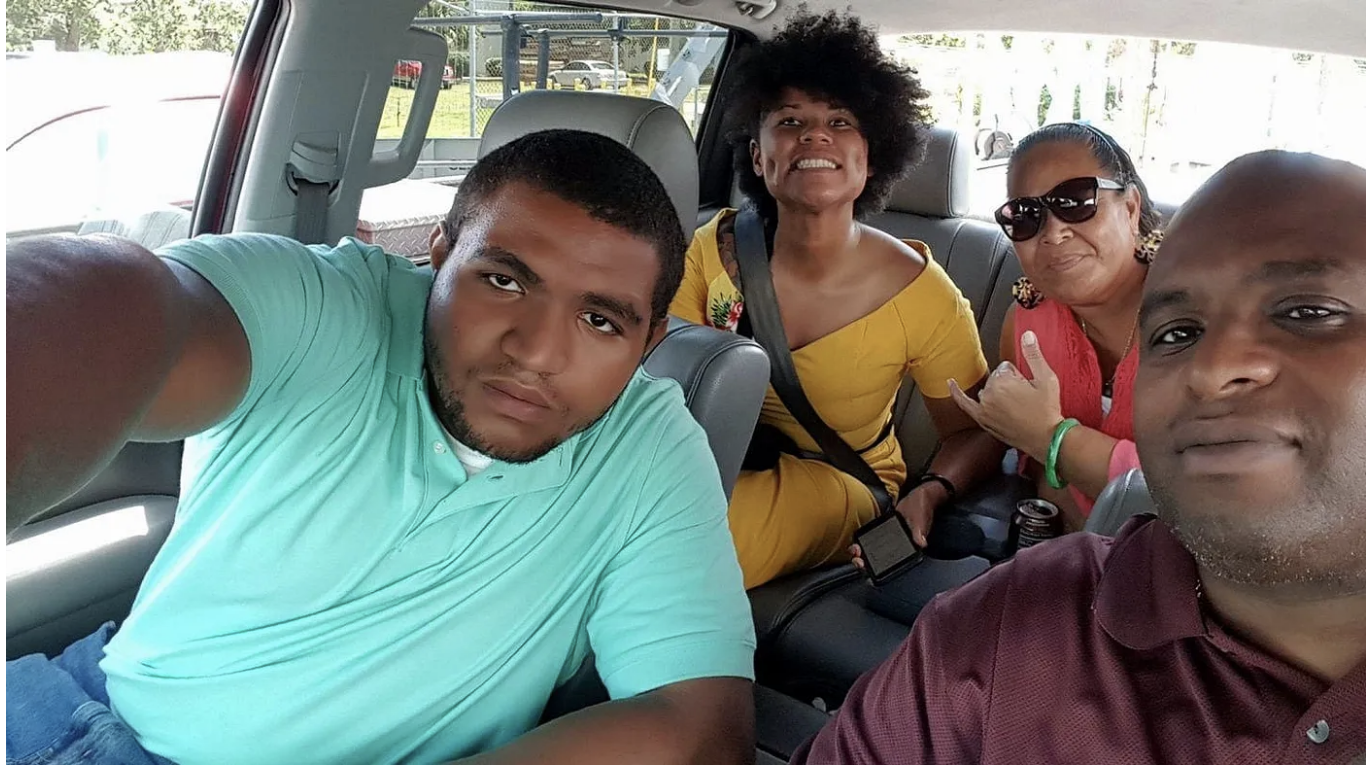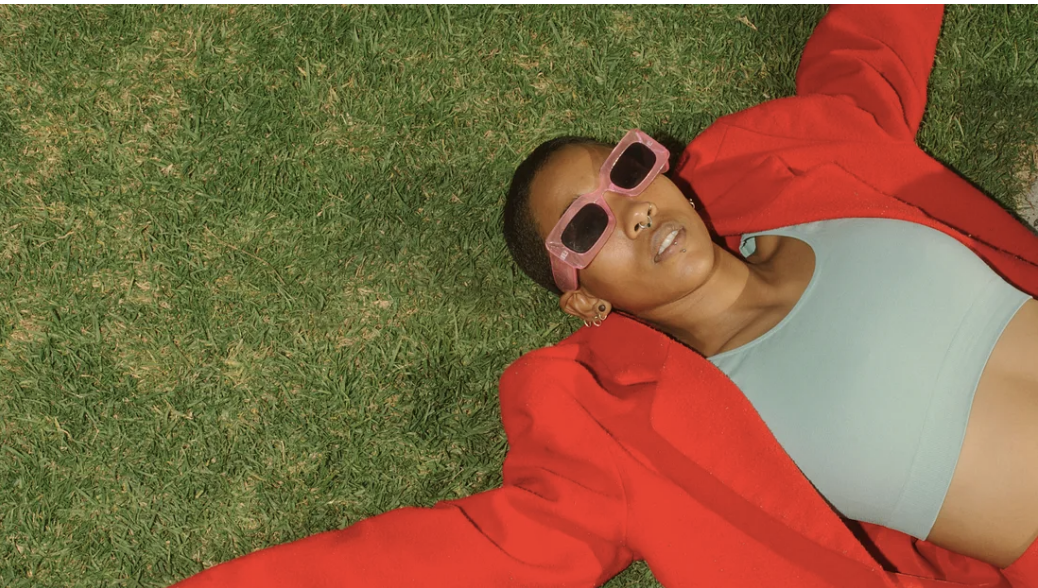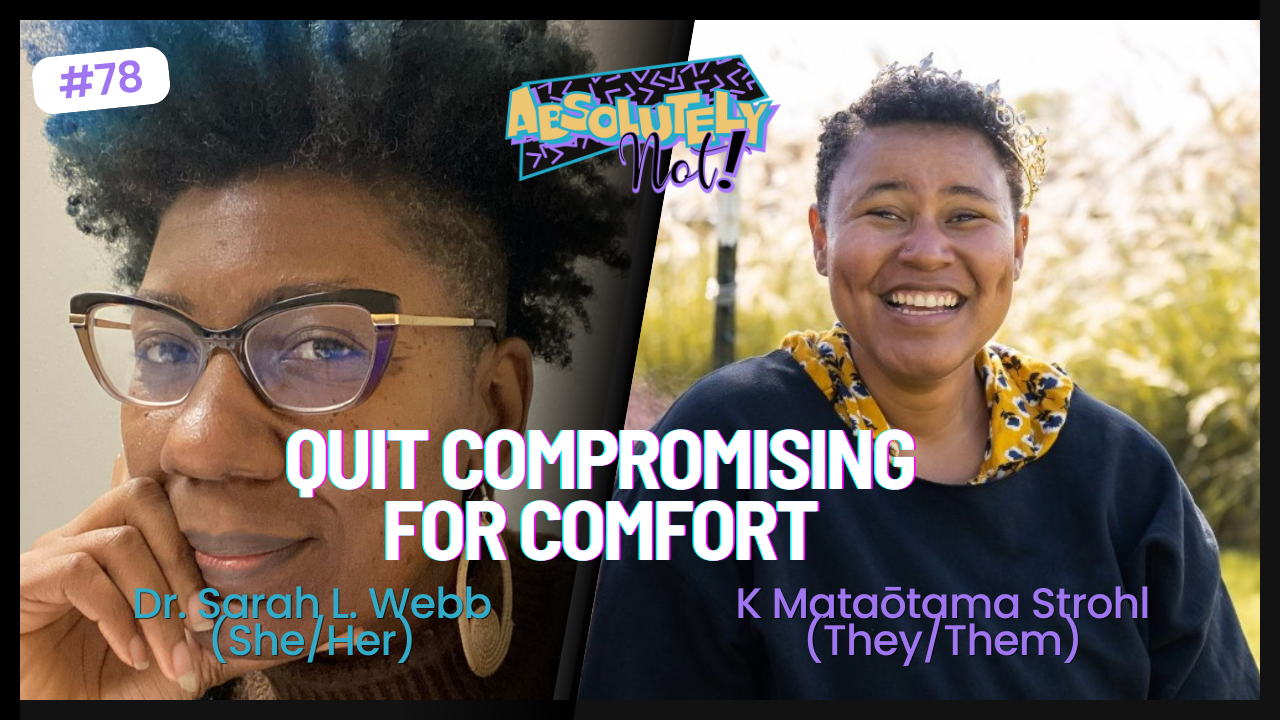K Mataōtama Strohl (They/Them)
K is an award-winning consultant, coach, writer, speaker, curator of an online community and host of two popular podcasts.

Snake Oil 🐍
Consumerism is the snake oil, Capitalism sold us, to fill the hole it's granddaddy, White Supremacy, created. This dysfunctional family keeps pushing its way into every gathering we have. Even when we change the locks, they barge in while we're hugging our loved ones at the door.
None For Me, Thanks
White people find it extremely difficult to express their feelings about harm without using Black people. We are used as the props, background characters and stage whenever they try to describe dehumanization.
A Foot In The Door
Being Black isn't a crime or a death sentence or an act deserving of punishment but the harmful behaviors perpetuated through the hate of Black people, make it so. When we pretend that these White centering and seeking behaviors are a sure way towards success, we gateway greater harm. We permit harm towards others, ourselves, and our communities. Promoting “foot in the door” antics in any form is harmful.
Flip It AND Reverse It 🤸♀️
WW love a good flip and reverse. They will use anything they can from crocodile tears to quotes from Black leaders to place themselves back on that pedestal.
Hit Dogs 🐩🗣
Using the harm you've caused Black women, and most likely are continuing to cause Black women, as a means to promote your political agenda is not activism. Hope this helps.
White Women Self-Care
The centering of Whiteness, White experiences and White feelings is excruciatingly apparent in those books. Thinness is mentioned often throughout the pieces along with the tying of monetary hoarding to success. There’s absolutely no mention of race, sexual orientation, gender beyond the binary or life outside of marriage, motherhood, business and?
Trauma Doesn't Skip Generations
This article on how the Holocaust is being weaponized to justify the suffering of others is a glaring example of what happens when we don’t acknowledge and heal from harm that’s been caused to us and our communities. Similar to the way Black communities globally have had our healing excruciatingly prolonged because of re-written history that refuses any true acknowledgement of the atrocities our ancestors experienced or that we continue to experience. In my piece I Want a White History Month, I write about this large gaping hole left in White people that they attempt to fill with appropriation, deceit and more recently the support of genocide. All these uncared for wounds are bound to be internalized or spread to others.
The Two White Girl Rule
Netflix’s recommendations along with animated shows from my childhood are products of “the Two White Girl Rule” which itself is a product of White Supremacy. It creates imaginary scarcity and pits people who are not White against each other for these usually stereotype-filled roles that often refuse to allow people to exist outside of several binaries. It also almost always doubles down on the big ass racial umbrellas, never giving any depth to the culture, values or traditions of girls featured that are not White because what else is there to know about them other than their skin color and/or eye shape?
A White Woman Wrote This
It’s literally titled How to deal with remote work microaggressions but goes on and on about “allyship”. It basically just lists all the microaggressions they can think of for various communities and drops BIPOC as many times as possible. Who are y’all talking to? Lola Bakare (She/Her) shared similar feelings after receiving an email entitled “Want to Be an Ally to Black Women? from Lean In. Lola shared that “another great way to be an ally is to acknowledge your Black subscribers exist.” Both examples credit the writing to the brand and not a specific writer or group of writers. If your target audience is cis White people, you should say that.
Quit Compromising for Comfort w/ Dr. Sarah L. Webb
And so colorism is something I feel I can speak directly to, because any anything can be a source of that for someone else, right? For some people, it's sizes, and for some people, it's ableism, transphobia, you know? So a lot of these social problems can have this a similar impact on other people, depending on their identity, and because of my particular identity and experiences, I feel like I can speak to colorism in a way that does create change, both for individual people but also in communities and cultures.
